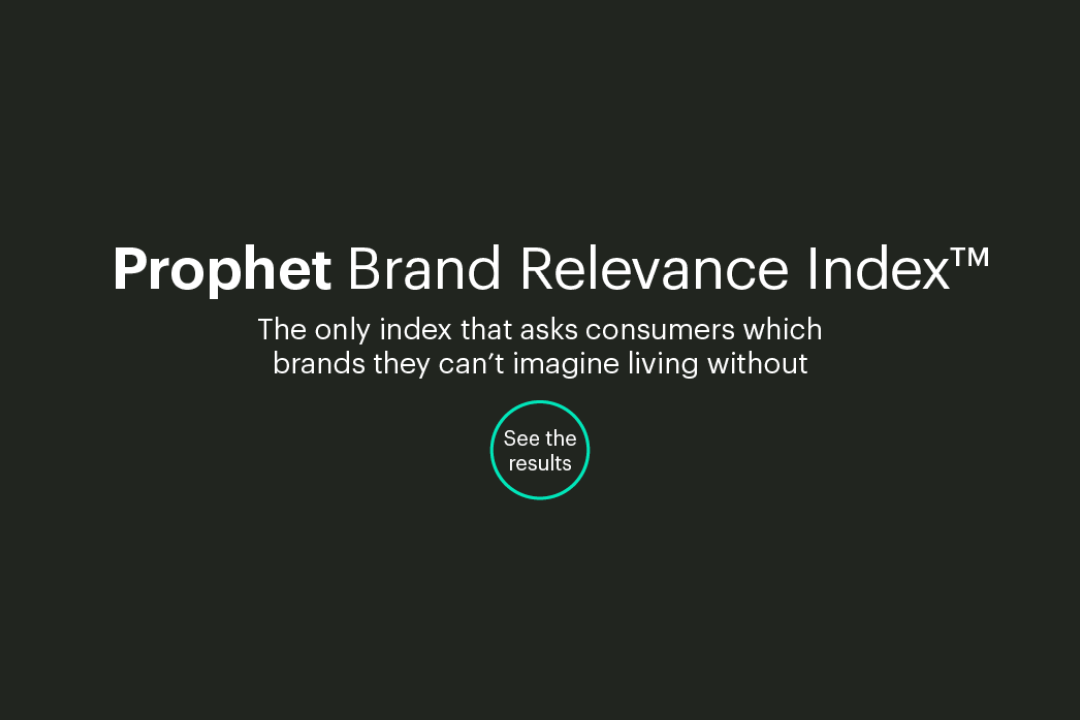Customer Obsessed
Brands We Can't Imagine Living Without
Everything these brands invest in, create and bring to market is designed to meet important needs in people’s lives.

Netflix
While Netflix found its way into America’s living rooms as a renegade, it’s now an old friend and in 75 percent of homes that use streaming services. Coming in as the fourth most relevant brand for the third time in a row, it’s clear its compelling—okay, addictive–programming is winning over both viewers and critics. (See its 91 Emmy nominations this year, more than any other network.) With The Crown, Stranger Things and Master of None, it is sparking a creative renaissance that just keeps getting stronger.
Disney
Like its Pixar division, Disney outperforms in customer obsession, ranking No. 2 for “makes me happy.” This year, hit movies powered its performance, with four films topping $1 billion, including Rogue One, its first stand-alone Star Wars film. Zootopia won an Oscar for Best Animated Feature, while the live-action Beauty and the Beast broke records. Plus, its digitally-connected theme parks and cruise line continue to be vacation destinations for millions of fans big and small.
Keurig
Plenty of consumers go crazy for Keurig at home, with its promise of a perfectly brewed beverage every time. But they also love the way it has expanded its offerings, providing them a more convenient and cheaper way to drink favorite brands like Dunkin’ Donuts and Starbucks. And it’s giving the eco-conscious who shun it 10 billion reasons to reconsider: Keurig is changing the plastic in its K-cups to make them more recyclable.

Toyota
The highest-ranking auto brand, Toyota continues to satisfy owner demand for reliability, with three of its models–Camry, Corolla and RAV4–among this year’s 10 best-selling vehicles. Consumers say “I know I can depend on it,” and while sales of the Prius have withered, Toyota still scores well with eco-conscious drivers. It has been named Fortune’s most-admired car company three years in a row, and with its increasing commitment to American-based manufacturing, it’s thriving.
